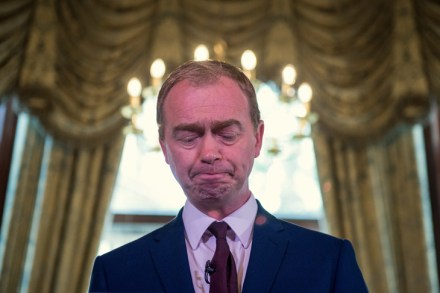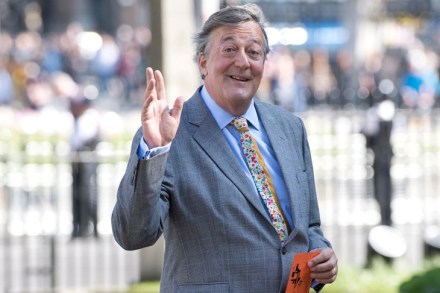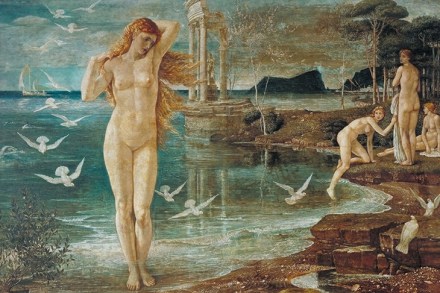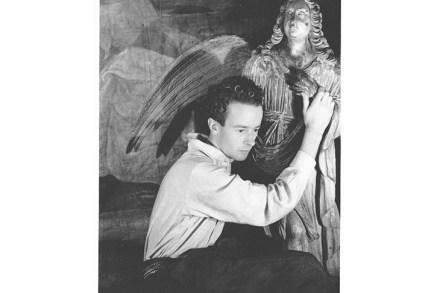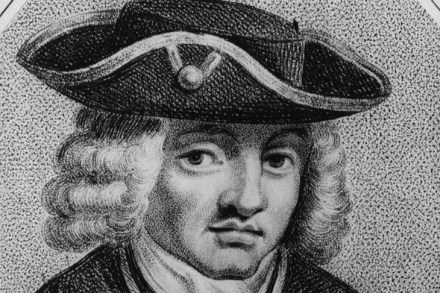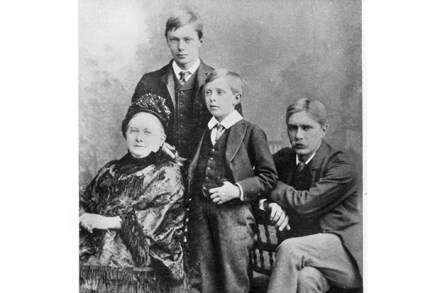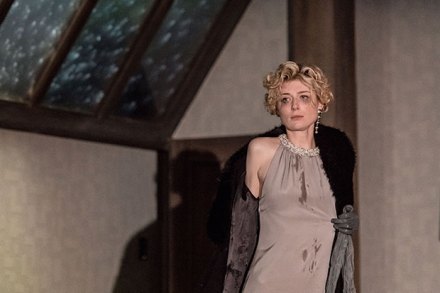Persistent buggers
The credit for decriminalising male homosexuality in 1967 — for those over 21 in England and Wales at least — goes to Harold Wilson’s government, the Labour MP Leo Abse, and the Conservative peer Arthur Gore, 8th Earl of Arran. Yet more than a decade before the Sexual Offences Act received royal assent, a journalistic campaign to overturn an unjust and unworkable law had begun in the pages of The Spectator. After the dust had settled in post-war Britain, disparate MPs held the sincere but mostly tacit belief that the law criminalising homosexuality desperately needed amendment, if not scrapping entirely. The Spectator was swift to champion the cause, in particular


